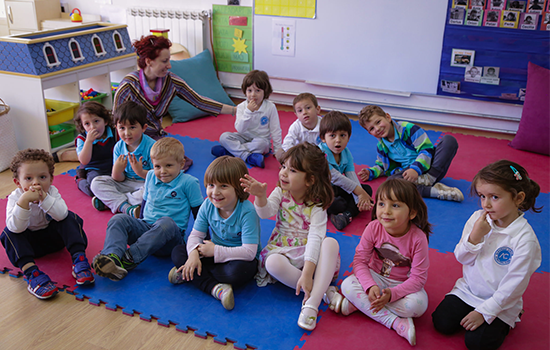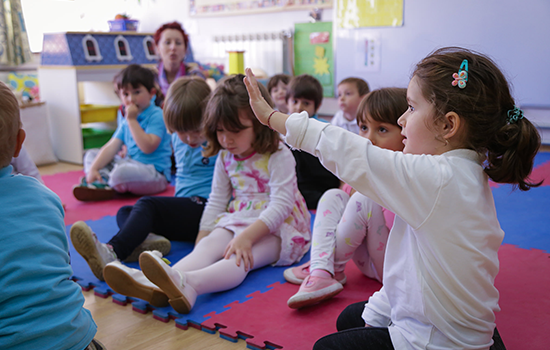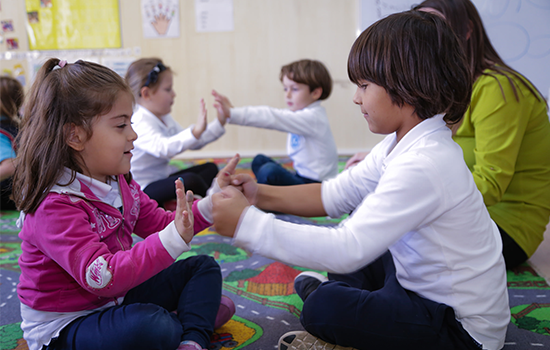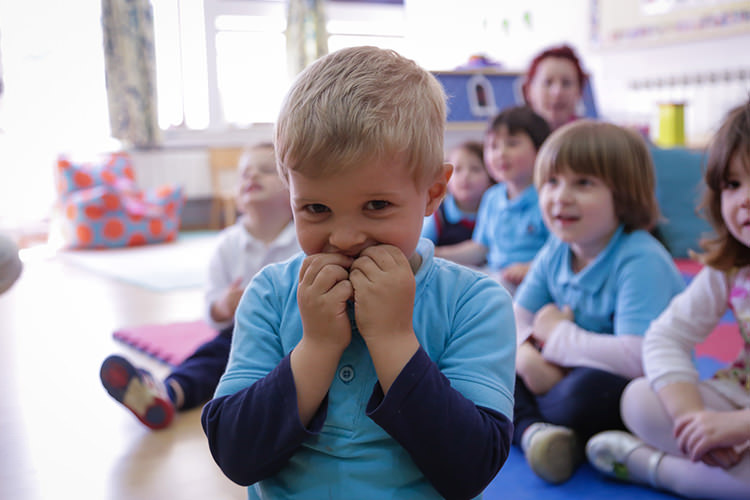Primary School
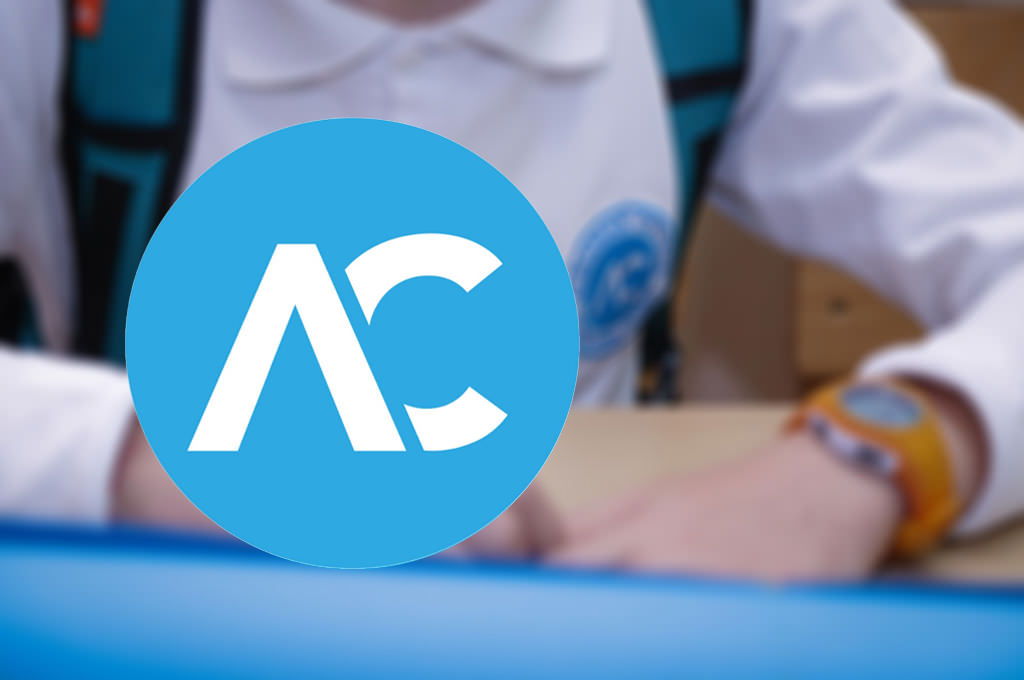
Early Years Philosophy
Students at Albanian College begin school at age 3 in our Early Years Programme. It is during our earliest years that a large part of the pattern for our future adult life is set. We acknowledge that positive early years experiences give children the best start in life. Our Early Years Program focuses on supporting children to achieve their full potential by developing social skills, self-awareness and respect, emotional skills, language, literacy, numeracy skills, and group-work through work and play. It focuses on self-esteem and confidence that will make your child Primary-School ready.
Curriculum Overview
The Early Years curriculum is concept based and taught using an inquiry-based, transdisciplinary approach. Students are introduced to units of inquiry that are focused on a particular transdisciplinary theme. Early Years 1 and 2 complete four units per year, while Early Years 3 completes six units per year. Subjects such as English Language, Albanian Language, Mathematics, Science, Social Studies, Music, Visual Arts, Theatre Arts, and Physical Education are integrated as much as possible into the content of the units. The Early Years curriculum is play-based and does not rely on worksheets or textbooks. In addition to the content taught, students are taught transdisciplinary skills such as social skills, self-management skills, communication skills, thinking skills, and research skills. To this end, we aim to foster the students’ independence by encouraging them to communicate, collaborate, and take ownership of their own behaviour.
The Primary School Programme is a student-centred curriculum framework that, through concept-driven instruction, and inquiry-based approaches to teaching and learning, promotes international-mindedness and lifelong learning.
The Primary School Programme is best explained through three perspectives on curriculum: the written curriculum, the taught curriculum, and the assessed curriculum.
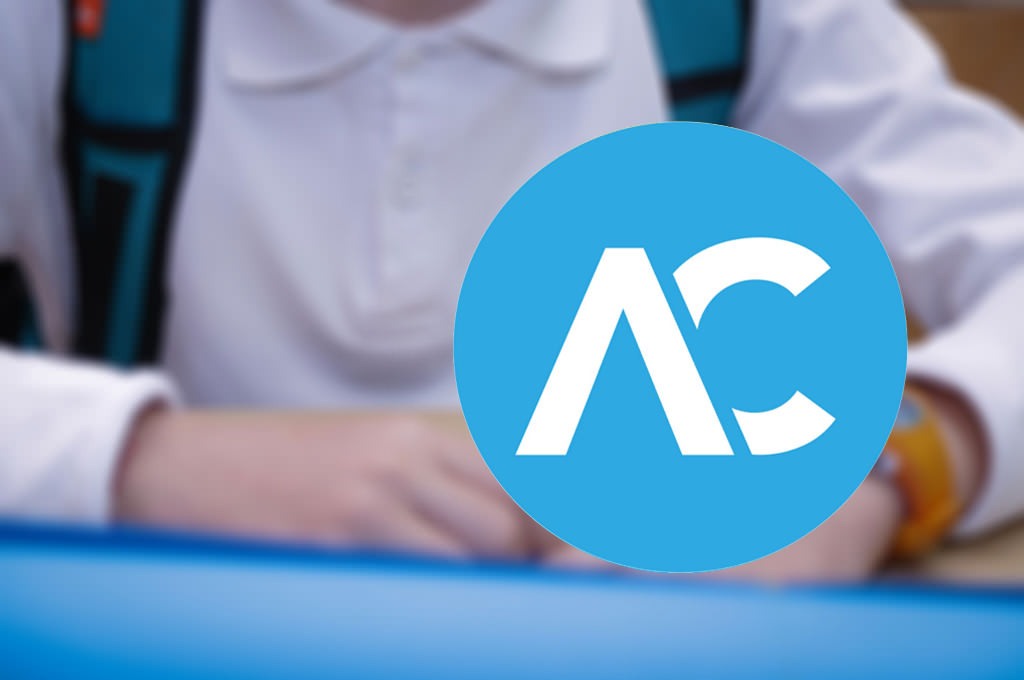
Essential Elements in the Primary School
-
Knowledge
Which is both disciplinary, represented by traditional subject areas (language, maths, science, social studies, arts, PSPE) and transdisciplinary.
-
Concepts
which students explore through structured inquiry in order to develop coherent, in-depth understanding, and which have relevance both within and beyond subject areas.
-
Skills
which are the broad capabilities students develop and apply during learning and in life beyond the classroom.
-
Attitudes
which contribute to international-mindedness and the well-being of individuals and learning communities.
-
Action
which is an expectation in the Primary School Programme that successful inquiry leads to responsible, thoughtful and appropriate action.
